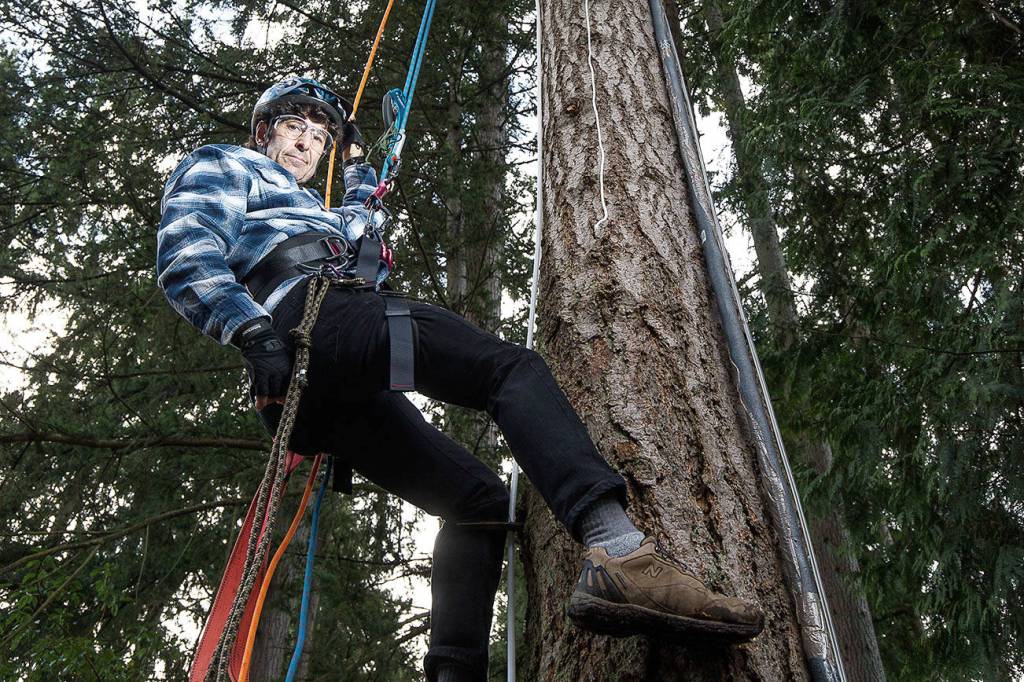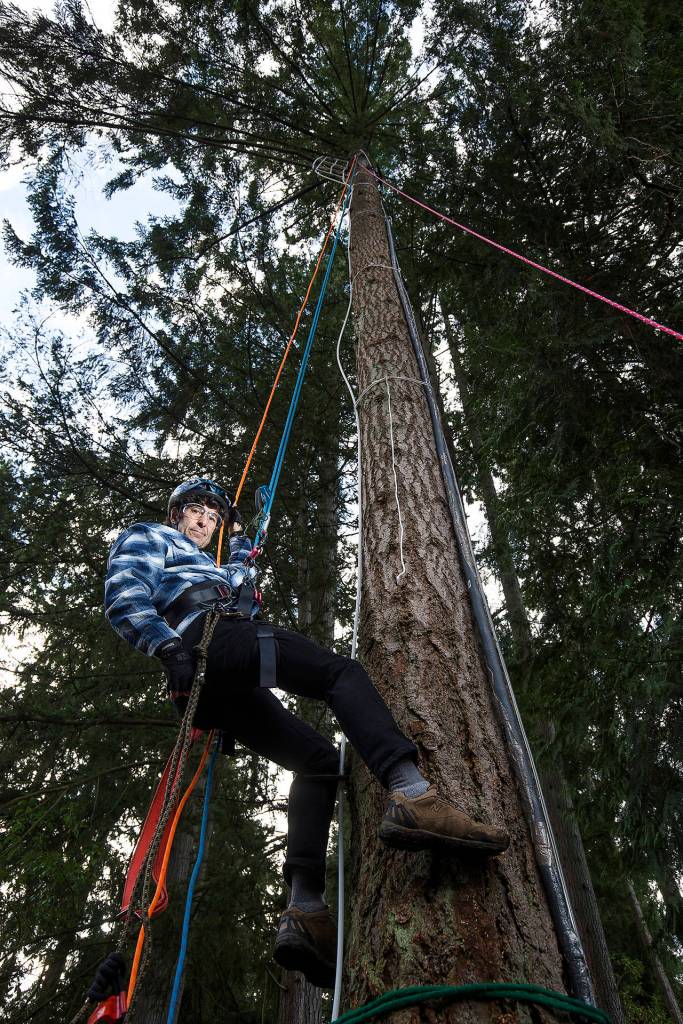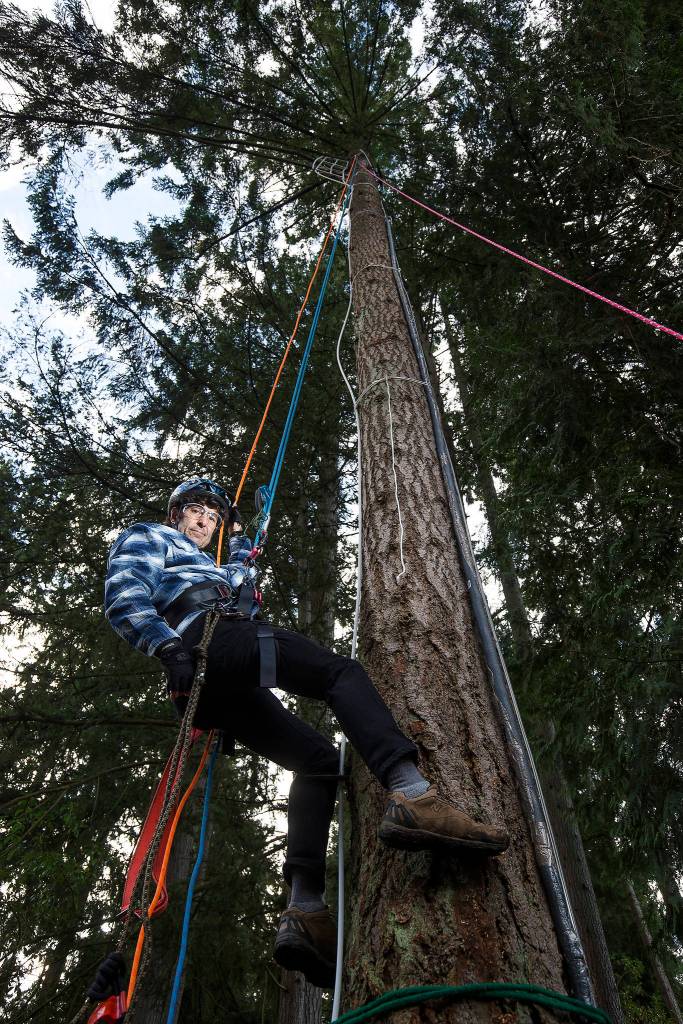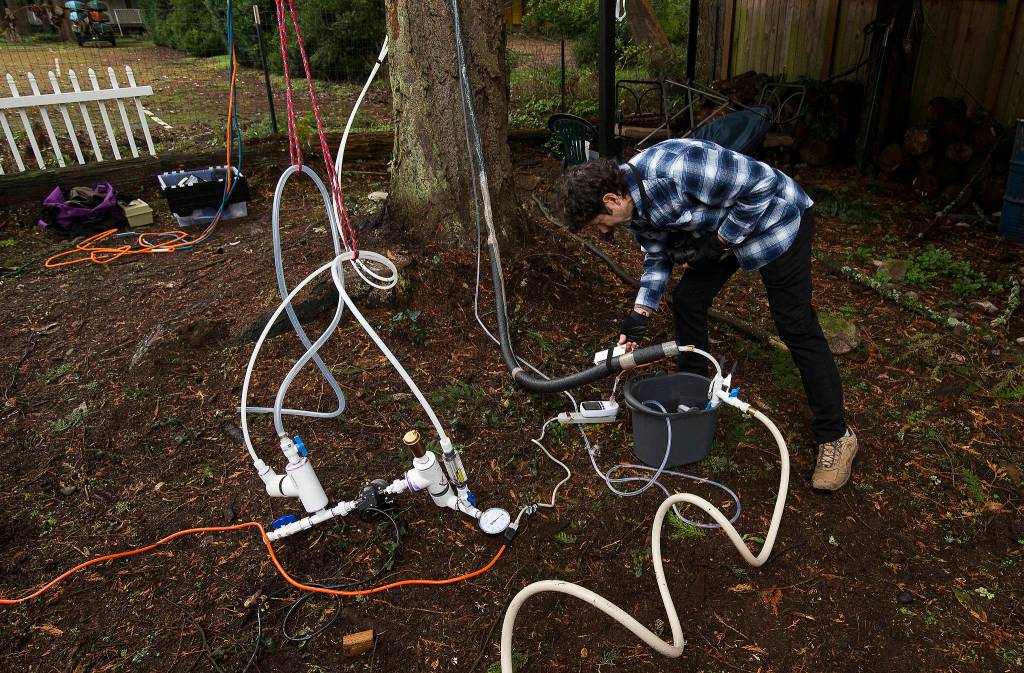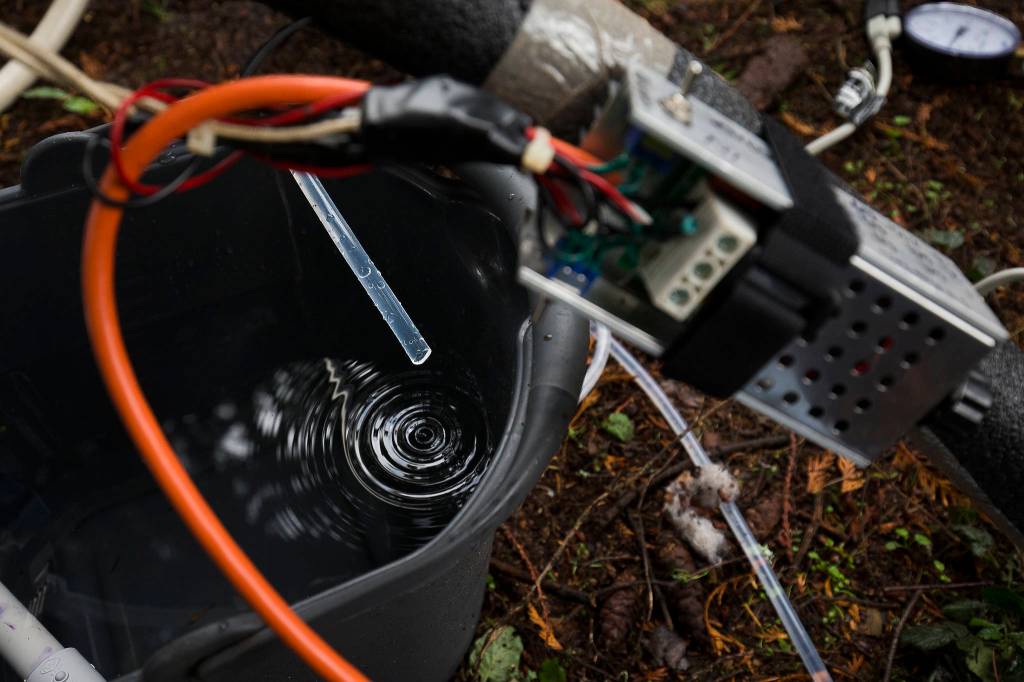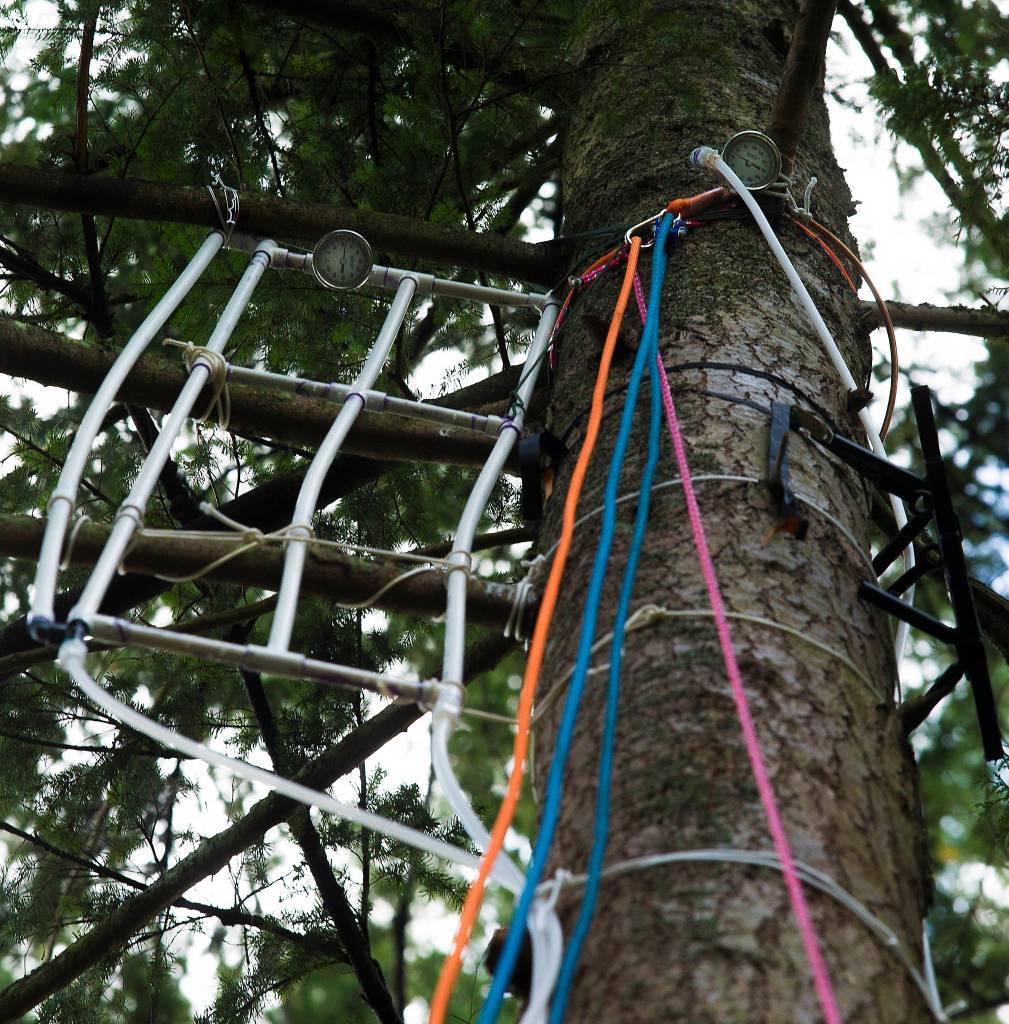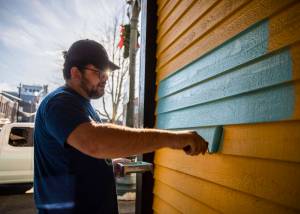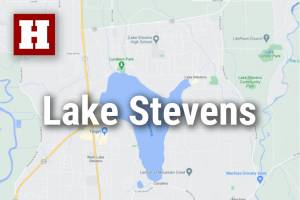Amazon innovation contest rewards Snohomish County inventors
Published 1:30 am Wednesday, November 11, 2020







BOTHELL— Scott Greeley recently won $3,000 in an Amazon innovation contest. The Bothell resident promptly used the money to rig up a still in the backyard of his in-laws.
Actually, it’s an energy-saving device that can distill alcohol or purify water using no-cost gravity and a low-fuel pump instead of a gas-guzzling compressor.
“We need better ways to produce clean water around the world,” Greeley said of his gravity-pressurized distillation system.
In July, he entered a local Amazon Catalyst Competition for inventors that covered six cities in Snohomish County and two cities in Skagit County.
Each city’s contest was built around a specific theme, such as health care, clean tech or manufacturing.
Participants in each of the eight cities were awarded up to $10,000 in three prize categories — $5,000, $3,000 and $2,000.
Greeley’s clean-tech design caught the eye of local judges, said Diane Kamionka, who leads the Northwest Innovation Resource Center and TheLab@everett. The business incubator helped sponsor and judge the contest, which drew more than 75 entrants.
In all, 17 teams in Snohomish County and six teams in Skagit County were awarded more than $75,000.
Winners can use the money as they wish, Kamionka said.
Greeley used a portion of the prize money to buy tree-climbing gear and more pipe.
His simple device — the main component is a length of plastic tubing — needs to be at least 36 feet tall to work properly, he said.
“I tried to do this at my house, but it wasn’t high enough,” said Greeley, a structural engineer who rigged up a 16-foot system from a second story window to test the waters.
“It’s not a slam dunk, but I was able to show that it’s a robust effect,” Greeley said.
That’s when his in-laws volunteered a 100-foot Douglas fir on their property.
Hence, the tree climbing gear. He’s using the tree trunk as a scaffold to support the distillation system.
Working 40 feet up and suspended in a harness is tiring, Greeley said, but thus far the results are encouraging.
Greeley hopes his patented device can be sold commercially and benefit communities where water-purification infrastructure and sufficient power are lacking.
“Once you have a platform in place, you only need a low-power device to pump water into the tube,” he said.
Laid off from an aerospace job in May, the former Boeing contractor said the COVID-19 pandemic has given him time to work on the device, which he’s been mulling for several years.
“Hopefully I can make this idea go further than messing up somebody’s tree,” Greeley said.
The contest theme in Everett was health care.
Karla Brunner, who coordinates nursing education at Providence Regional Medical Center Everett, received $2,000 to enhance virtual training for Providence nurses.
When the COVID-19 pandemic stifled in-person conferences, Brunner noted that the virtual versions were often better attended than live events.
In one case, an in-person gathering that normally drew 90 people drew 218 online, Brunner said.
The observation inspired her to suggest that Providence offer free, virtual training classes to nursing staff.
Every year, nurses need to complete a certain number of continuing education credits to keep their licenses up to date, she explained.
“I thought it would be great if we could offer those classes virtually and provide the continuing credits for free,” Brunner said.
She’ll use the prize money to host more virtual classes.
“The innovative part was to make it free and open it up to more people,” Brunner said.
Two University of Washington Bothell instructors, Pietro Paparella and Pierre Mourad, shared Everett’s top health care award, $5,000, for a smart asthma inhaler that links to a mobile phone app. The app tracks usage, humidity, pollen counts and other variables.
Other Snohomish County winners included John Huenefeld, who entered Marysville’s streamline manufacturing-themed contest. Huenefeld devised a windmill that uses a blade based on a broad sailboat sail rather than a thin airfoil. The design produces a quieter windmill that can operate with lower wind speeds. He was awarded $3,000.
For Edmonds’ economic recovery contest, Jim Ballard received $5,000 for lightweight cots made of recycled paper. Ballard also entered Bothell’s life science contest and won $3,000 for a teaching aid to help visually impaired and blind children and adults.
In Arlington, where the contest theme was clean tech, Baha Abulnaga’s offered a plan for a three-chambered thermal furnace that recycles scrap metal and plastic waste into fuel and metal ingots — winning a $5,000 prize.
Six Skagit County teams shared a total of $20,000.
In Mount Vernon, where the contest focused on enhancing the food supply chain, Sarah Garrison came up with a simple worm bin that recycles food waste. She took home a $2,000 prize.
For Bellingham’s ocean health-themed contest, a process that uses waste crab shells to create a product that replaces a toxic industrial chemical netted Craig Kasberg and Zach Wilkinson $5,000.
To view all the winners go to competition.nwirc.com.
Janice Podsada; jpodsada@heraldnet.com; 425-339-3097; Twitter: JanicePods

